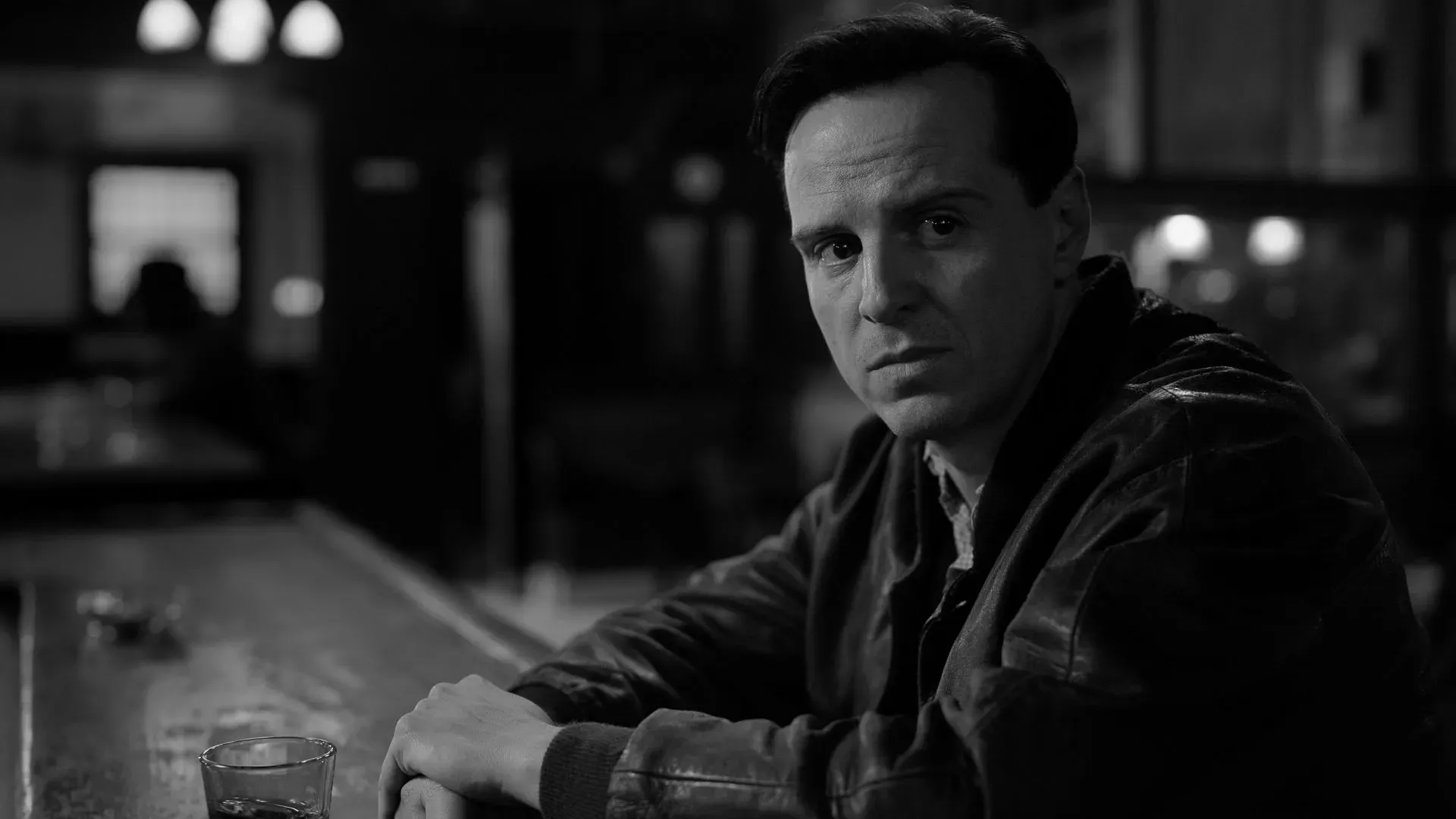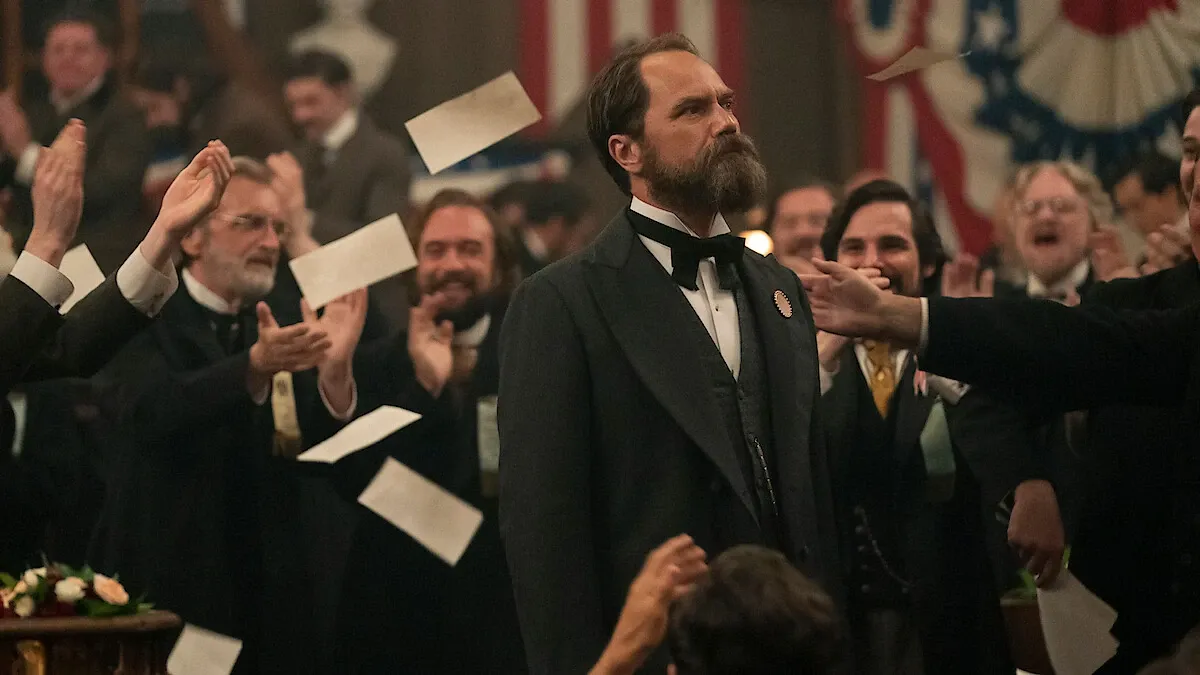Based on Patricia Highsmith’s series of novels, Ripley is the latest adaptation featuring the charming con man, seen last, and most famously, in Anthony Minghella’s 1999 film. This time, Andrew Scott takes the reins of the titular anti-hero, and the emphasis has moved from sexually charged opulence to a sinister and moody class study.
While both Ripley and Minghella’s The Talented Mr. Ripley are based off the same book, the differences in style make both Minghella’s and Zaillian’s adaptations fascinating to compare. Both featuring enough fantastic material to make them worthwhile.
Shot in gorgeous black and white, Ripley is set in an unspecified time, that looks post-war, yet lives in its own reality. This is the kind of romanticized Europe that Americans believed they’d lost after moving across the ocean. There are ocean liners, endless train journeys through scenic vistas, and life by the Adriatic is attainable by all. It’s pure fantasy, but a delightful one, nonetheless.
Scott is fantastic in the leading role. While those coming from Minghella’s version will initially balk at his decidedly more sinister take on the material, Scott imbues Ripley with enough sleazy pathos that he’s never anything short of fascinating. He carries a chip on his shoulder the size of Rhode Island, and every part of his conniving springs from a sense of entitlement that, somehow, someone has robbed him of that which he deserves.
Scott sells the part beautifully, balancing our loyalties and disgust in equal measure. You want to hate him, but part of the fun is that you can’t quite get there. Even as his actions turn more devastating and horrific. By the time you’re ready to write him off entirely, it’s way too late.
If there’s one element where Zaillian’s take on the material feels off, it’s in ageing up the cast. In the original book and subsequent adaptations, Ripley and co. are all in their mid to late twenties. Effectively children with bank accounts. Scott and Johnny Flynn (playing Dickie Greenleaf, Ripley’s mark) are in their late forties. It shifts the balance of the story somewhere else entirely and makes the setup (Dickie’s parents trust Ripley because they mistake him for a friend from school) that much more unbelievable.
Yet it’s all so handsomely produced, so well-acted, and thoroughly compelling, that any initial complaints dissipate quickly. Zaillian’s smart script sidesteps any obstacles that have usually hounded adaptations like this. Ripley isn’t a magical autist, and his social ineptitude isn’t treated with the same condescension that’s usually reserved for these stories. There’s a clear empathy towards him, until there isn’t. But it’s never off his mental or physical limitations. That’s a major victory.
At eight episodes, each one around an hour, the series is a tad too long for its own good. While the moody cinematography and great performances do a lot of heavy lifting, an hour or two could easily go without us missing a beat. Though a part of that just might be comparison to Minghella’s film again.
If you never saw the 1999 adaptation, Ripley will work like gang busters. It’s a handsome production with charm to spare, and Highsmith’s delightfully hateful anti-hero hasn’t aged a day. There’s always something intoxicating about watching profoundly talented people, even if they are evil.













